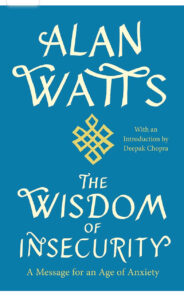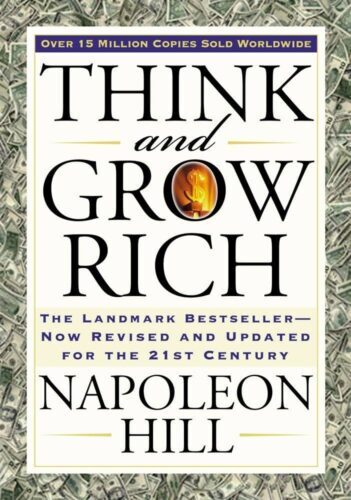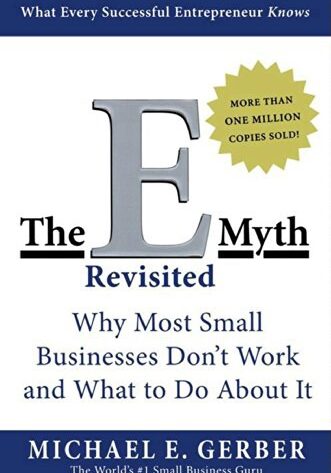Introduction
"The Wisdom of Insecurity" by Alan Watts is a profound philosophical treatise that delves into the human quest for psychological security and the anxiety that often accompanies this pursuit. First published in 1951, this book challenges conventional notions of security and control, urging readers to embrace the unknown and uncertain. Through a synthesis of Eastern philosophy and Western thought, Watts encourages an acceptance of life's inherent unpredictability and presents a guide to living more freely and authentically.
Key Concepts
- The Illusion of Security: Watts argues that the search for security and certainty is futile because life's nature is inherently uncertain and ever-changing. He posits that our obsession with security leads to anxiety and dissatisfaction, binding us to a constant state of fear. Embracing insecurity, according to Watts, is not a weakness but a strength that allows us to live more authentically and at peace with ourselves.
- The Power of Now: In line with many Eastern philosophies, Watts emphasizes the importance of living in the present moment. He asserts that focusing on the future or dwelling in the past leads to a detachment from reality, causing needless suffering. By embracing the present, we become more attuned to life's beauty and essence, finding joy and wisdom in the ordinary.
- Integration of Eastern and Western Thought: Watts masterfully weaves Eastern spiritual concepts with Western philosophical ideas, bridging the gap between different worldviews. He presents teachings from Buddhism, Taoism, and Hinduism in a way that resonates with a Western audience, offering fresh perspectives on life, existence, and consciousness.
- The Nature of the Self: Through an exploration of the ego and self-identity, Watts challenges the conventional understanding of the individual. He argues that the self is not an isolated entity but interconnected with the universe. This realization allows for a more expansive view of existence, fostering empathy, compassion, and a sense of belonging to something greater.
- Acceptance and Surrender: Central to Watts's philosophy is the concept of acceptance and surrender to life's inherent uncertainty. Rather than resisting or controlling life's flow, he encourages a harmonious relationship with existence. This surrender is not a form of defeat but a path to true freedom, aligning with life's natural rhythm and finding wisdom in uncertainty.
Conclusion
"The Wisdom of Insecurity" offers a timeless and profound exploration of life's deepest questions. Alan Watts's eloquent prose and insightful philosophy challenge readers to question societal norms and embrace life's inherent unpredictability. The book remains a valuable guide for those seeking to break free from anxiety and control, fostering a more mindful and liberated existence. Its wisdom continues to inspire readers across generations, making it a must-read for anyone seeking a deeper understanding of themselves and the world around them.

























